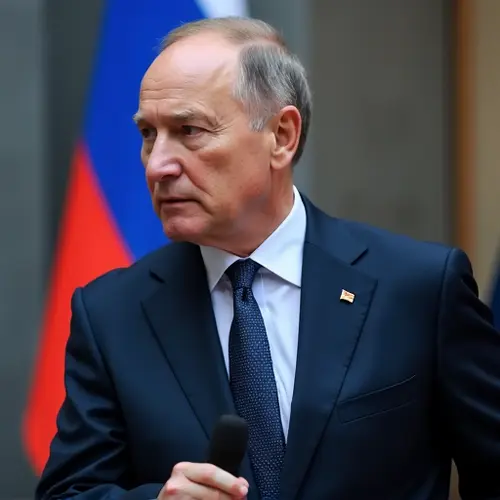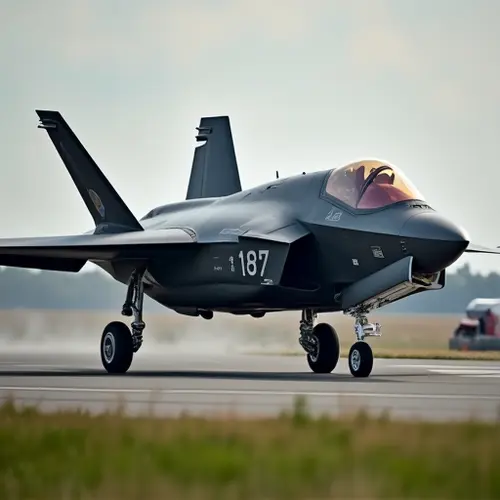
NATO Boosts Cybersecurity Budget Amid Rising Digital Warfare Threats
In response to escalating digital warfare threats, NATO has announced a significant increase in its cybersecurity budget for 2025. The move underscores the alliance's strategic shift towards prioritizing digital defense as a cornerstone of modern warfare.
Strategic Shift Towards Digital Defense
The decision to allocate additional funds to cybersecurity reflects NATO's recognition of the growing sophistication of cyber threats from adversarial nations and non-state actors. The alliance has identified cyber warfare as a critical domain, alongside land, sea, air, and space, necessitating robust investments to safeguard member states' infrastructure and communications.
Key Investments and Initiatives
The increased budget will support several key initiatives, including:
- Enhanced cyber defense capabilities for critical infrastructure.
- Development of advanced threat detection and response systems.
- Collaborative training programs for member states to bolster cyber resilience.
- Partnerships with private-sector technology firms to leverage cutting-edge innovations.
Global Context
The budget hike aligns with broader global trends, as nations worldwide ramp up cybersecurity spending to counter threats from state-sponsored hackers and cybercriminal networks. NATO's move also signals a commitment to maintaining technological superiority in an increasingly contested digital landscape.
For more details, visit NATO's official website.

 Nederlands
Nederlands
 English
English
 French
French
 Deutsch
Deutsch
 Espaniol
Espaniol
 Portugese
Portugese









